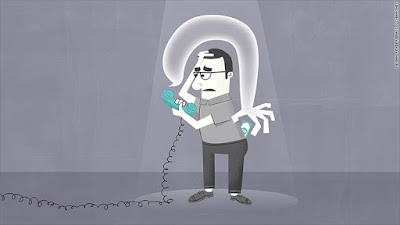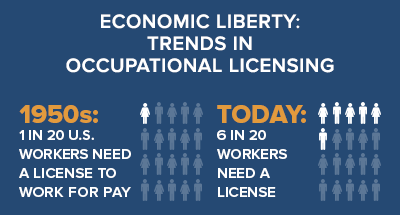FTC Action Against Phantom Debt Brokers and Collectors

From Federal Trade Commission The Federal Trade Commission and the New York Attorney General’s Office have charged two New York-based operations and their principals with running a scheme to collect money from consumers on fake and unauthorized debts. This action is part of the FTC’s continuing crackdown on all players in the phantom debt chain, including those who sell fake debt portfolios and those who harass consumers to collect the phony debt. According to the FTC, debt broker Hylan Asset Management LLC and its owner, Andrew Shaevel, bought, placed for collection, and sold lists of phantom debts, including debts that were fabricated by the defendants or disputed by consumers. Hylan placed these phony debts for collection with several collection agencies, including Worldwide Processing Group LLC and its owner, Frank A. Ungaro, Jr., who collected on the fake debts and used illegal tactics to do so. The complaint alleges that Hylan was aware the debt was fabricated. Much of it w...



